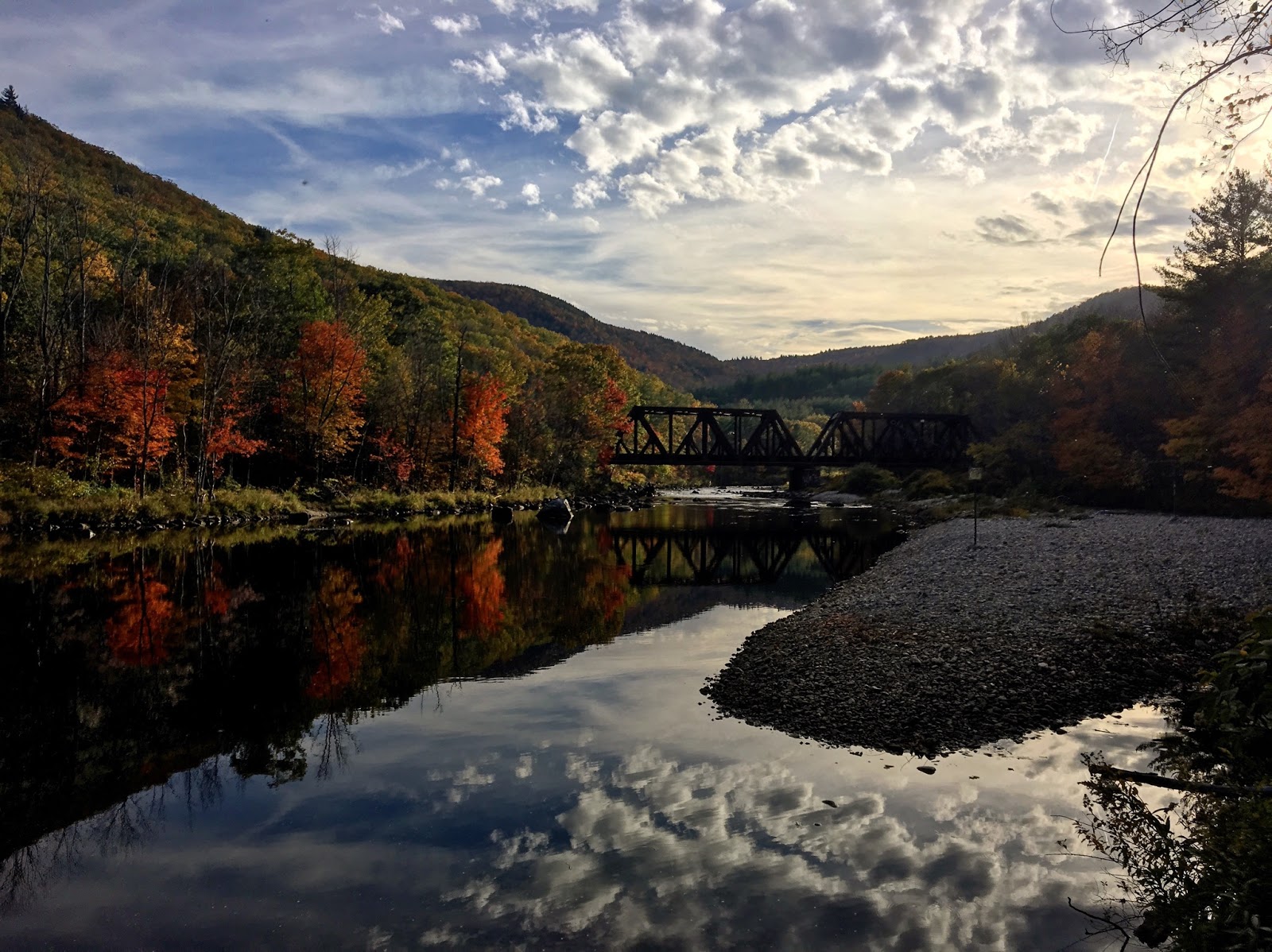 |
| New England, circa 17th Century |
The earliest deed of purchase for the lands now comprising Amherst dates back 359 years to December 1658. With that deed, Major John Pynchon of Springfield purchased the land for
"two hundred fathom of wampom, and twenty fathom and one large coat at eight fathom" from the Umpanchla, Quonquont, and Chickwalopp tribes. All three tribes, and
"in particular [the] Quonquont" kept
"one corn field about twelve, sixteen, or twenty acres of ground, a little above Mattabaget, by the brook called Wunnaquickset, lying on the south side of the said brook, and compassed in by a swamp from that brook to the great river, and also they reserve liberty to hunt deer, fowl, & c. and to take fish, beaver or otter, & c."
With that one corn field excepted, Pynchon and his heirs kept everything else to
"forever enjoy absolutely and clearly, free from all incumbrances of any Indians or their corn fields forever...."
At the time, the tract of land covered by the deed included
"Towunucksett, Sunmukquommuck, Suchaw, Noycoy, Gassek, Pomptuckset, Mattabaget. Wunnaquickset, Kunckkiunkqualluck, Neposeoneag, and to the south end of the great hill called Kunckquachu." For those seeking to rename all things Amherst, these could provide some interesting alternatives.
John Pynchon should not be confused with his father, William Pynchon, who purchased and developed the land now comprising Springfield (as well as Hampden County and some other areas in eastern Massachusetts). One of William Pynchon's other claims to fame is that he a wrote a book -
The Meritorious Price of Our Redemption - which became, at the hands of the Puritans it criticized, one of the first to be banned and burned on American soil.
A 2015 biography of William Pynchon (John's father) describes him as enjoying "extraordinary and uniquely positive relationships with Native peoples" - significantly, he believed peaceful coexistence was ultimately better for business. But he also seems to have exhibited a genuine interest in tribal customs, trading practices, and ways of resolving disputes. His efforts to maintain positive relationships with local tribes - including refusing to participate in the war against the Pequots - were challenged by incursions and massacres of natives taking place in other parts of New England. We also know that, unlike many others across the area (including his own pastor), William Pynchon never sought to Christianize his Native American neighbors.
I could find no sources indicating to what extent John adopted his father's somewhat more inclusive philosophy. And I can't help but wonder where the "one corn field" mentioned in that 1658 deed happened to be, and how quickly the native tribes lost rights to even that.
Primary Source: Digital Amherst, Indian Deed of Lands






























